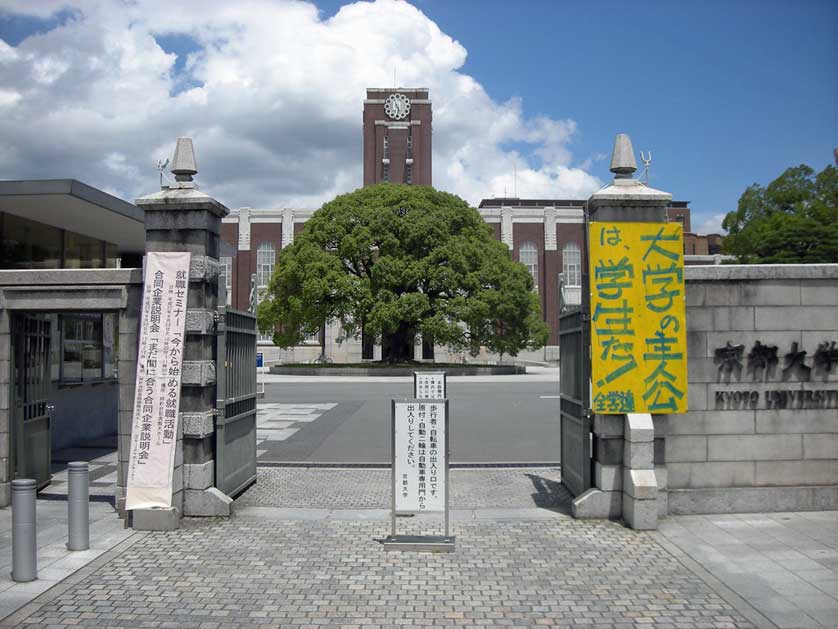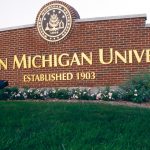Scholarship: Self-funding or scholarships
Degree: B.S./M.S./Ph.D
Nationality: International Students
Location: Japan
Application deadlines: Open
Scholarship Description:
Cells have sophisticated mechanisms to respond to DNA damage caused by external stresses, such as radiation. Genomic abnormalities in transcriptionally active regions can lead to disease, including many types of cancer. Our laboratory aims to elucidate the fundamental and essential mechanisms of how our body maintains homeostasis.
In previous studies, we have shown how, when and why chromosome translocations occur in transcriptionally active regions; 1) a specific type of transcription-associated DNA repair pathway suppresses chromosome translocations; 2) stress-induced nucleolar condensates formed by RNA-binding proteins can increase the risk of chromosome translocations. Chromosome translocations are not only a major cause of cancer, but also a risk factor for some neuropsychiatric disorders, infertility and fetal chromosome abnormalities. We believe that understanding how genomic instability occurs and causes disease will provide a clue to the development of new preventive and therapeutic strategies against these diseases. In an age of increased longevity, we hope that our research, which sheds light on the fundamental mechanisms of disease, will contribute to solving problems as diverse as cancer and infertility in reproductive medicine.
Available Subjects:
- Molecular mechanisms of cellular stress response
- Genomic instability induced by abnormal transcription-associated DNA repair pathways
- The stress responses mediated by phase separation of RNA-binding proteins
- Disease-related genomic abnormalities caused by ageing
- The basic mechanism of diseases such as cancer and chromosomal abnormalities
Eligibility criteria:
- Master’s/doctoral students (1~2): background related to the research direction of the research group, good English skills (e.g. TOEFL 80+, etc.), Japanese is not required.
- Postdoctoral students (1~2): background related to the research direction of the research group, molecular biology experiments, cultured cells, ChIP-seq, RNA-seq and other full set of experimental capabilities in sequencing.
Application Procedure:
Interested students should contact Assistant Professor Dr Mou by email (email: [email protected] , subject: Application for [ ] + your name).

